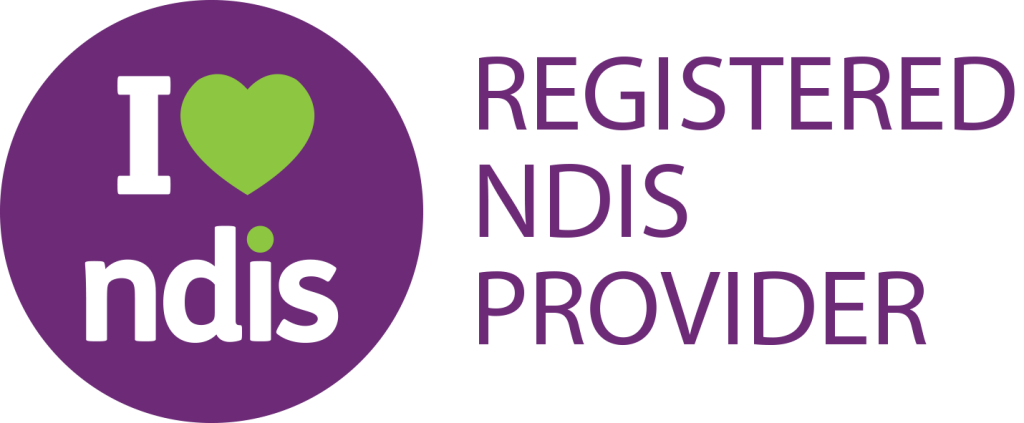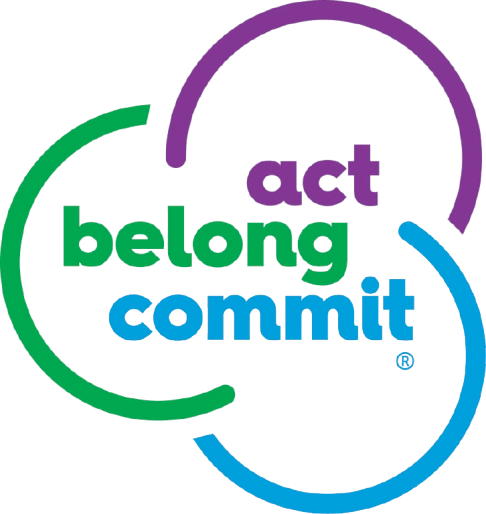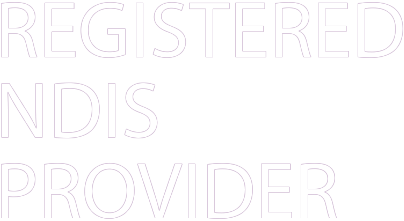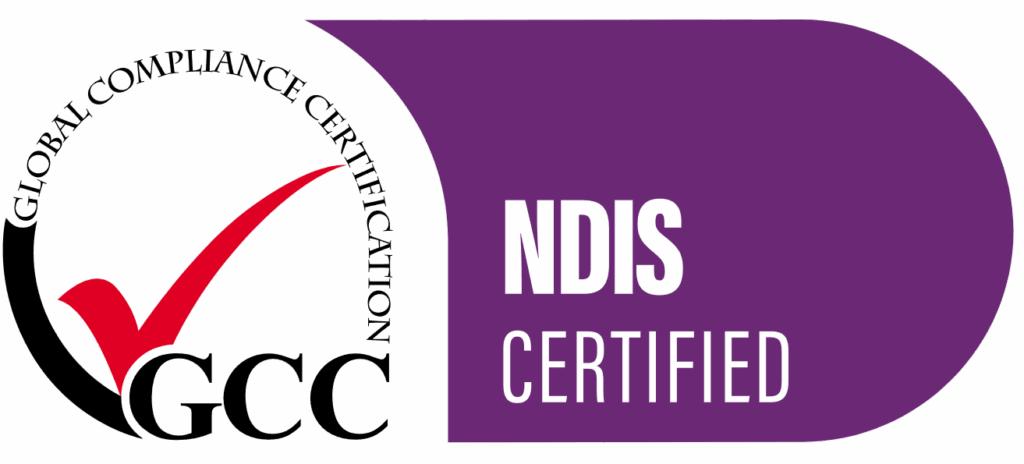Courses
The following courses are Non-Accredited courses that are available to professional carers, families, and friends of people in need.
Palliative Care for Carers
The aim of this course is to provide the skills and knowledge required for a worker to care for people with a life-threatening or life-limiting illness. This includes end-stage Palliative care.
This course provides the attendant with skills that can be applied towards the physical care of an individual nearing the end of their life, cultural awareness towards death and dying, observing for signs of pain and distress, communicating with persons nearing the end of their life and extending support to families following the loss of their loved one.
The course is a valuable asset for staff working in Disability, Aged care, or those providing home care.
Caring for People with a Dual diagnosis of Mental Health and Disability
This course equips attendants with the skills for the care of persons who may have a psychosocial disability.
Attendants will gain information on how to promote social and emotional well-being in a person living with a dual diagnosis, how to provide non-judgemental care, respect a person’s choices and understand the boundaries of care.
The Attendant will gain an understanding of promoting healthy living habits using established and credible information sources while caring for a person with a dual diagnosis.
Alcohol and Drugs in Aged and Disability Care
This course will equip the attendant with knowledge regarding the relationship between AOD( Alcohol and Drugs), Mental health and disability. It will enable the Attendant to identify the difficulties they may encounter while carrying out their role in caring for a person who may have an AOD dependency.
The course provides the Attendant with knowledge on how to work within their role and the limitations that they may encounter.
Skills gained in this course can be applied by persons working in Disability, Aged Care or people providing Home Care.
Providing Care/Support to People who Display Behaviours of Concern
This training session aims to help care providers understand and respond effectively to individuals displaying challenging behaviors of concern. Challenging behaviors can be a symptom of conditions such as dementia, autism, intellectual disability, and mental health issues. These behaviours can jeopardize physical safety and restrict access to community facilities.
The information provided in this training session will help care providers understand that Behaviours of concern rarely happen without a reason and that triggers for this behaviour can be caused by anything from physiological, social, and environmental negative stimuli to raise the question “What might someone, with behaviours that you find challenging, be trying to say to you”. Skills and knowledge acquired in this training session will assist the attendant in managing harmful behaviours from a care recipient, increasing the person’s quality of life to an extent where the occurrence of the behaviour may be lessened plus learning how to take appropriate care of yourself both during and after an incident.
Providing Trauma-informed Care
Understanding a patient’s current and former living situations is a key component of trauma-informed care. Traumatic events can be physical, psychological, or emotional and they can make it impossible for us to cope. This course has been designed to give providers and support workers the tools they need to deliver efficient healing-focused healthcare services. The supplied information will equip attendees with the knowledge and skills to notice how trauma affects all spheres, recognise symptoms and indicators of trauma in patients and clients and appreciate therapeutic options.
By putting trauma-informed care practises into place, healthcare professionals and support staff can assist their patients in identifying and processing traumatic events that have a detrimental influence on their lives. This course’s knowledge will help participants create safe workplaces and forge strong connections with children, teens, adults, and families they deal with and learn how to engage in self-care activities to manage secondary traumatic stress (vicarious trauma).
Enquiries
To enquire about any course please fill out the form below and we’ll be in touch as soon as possible.




